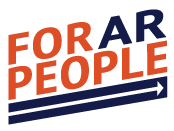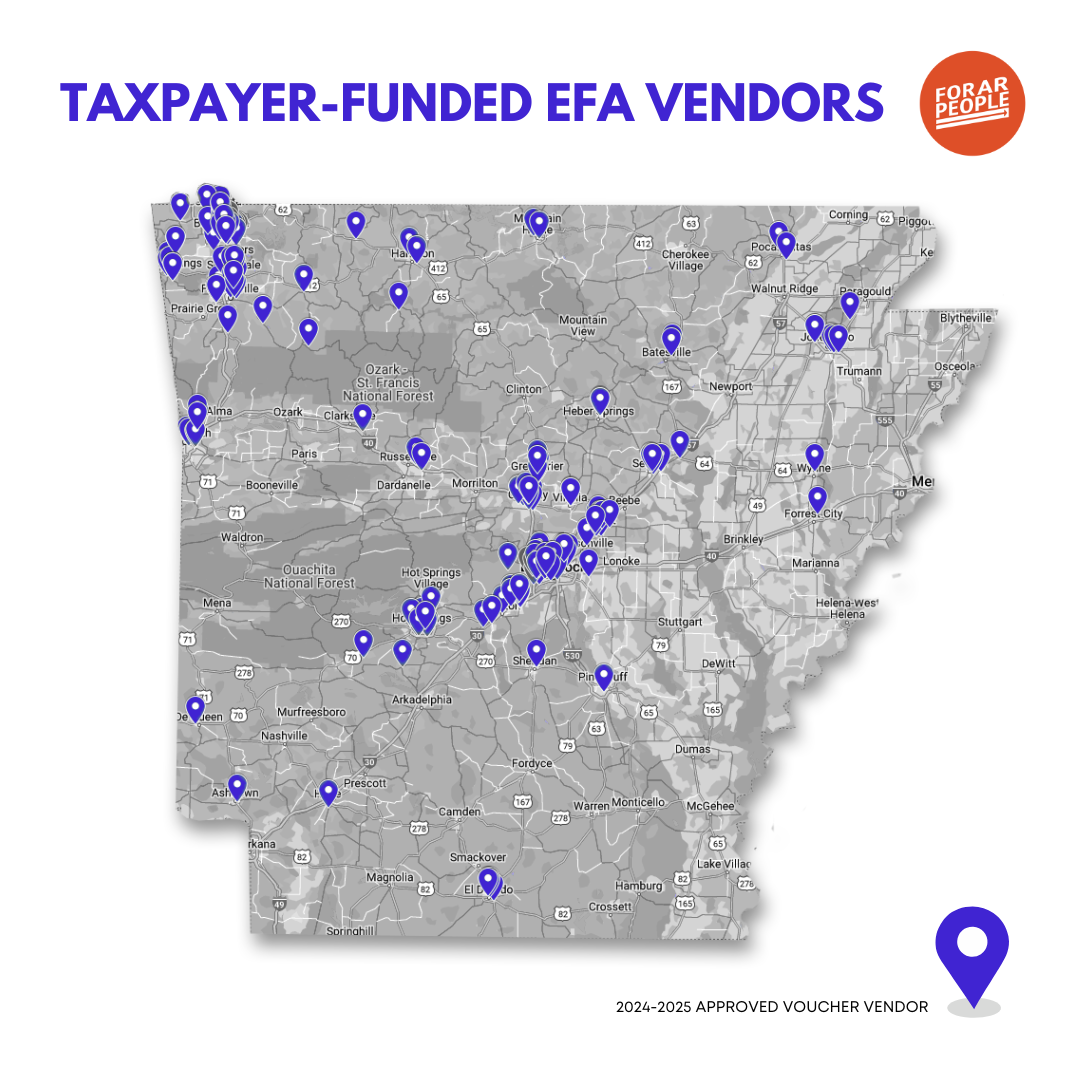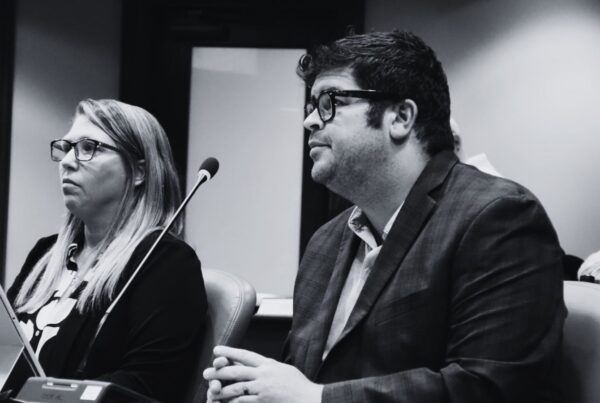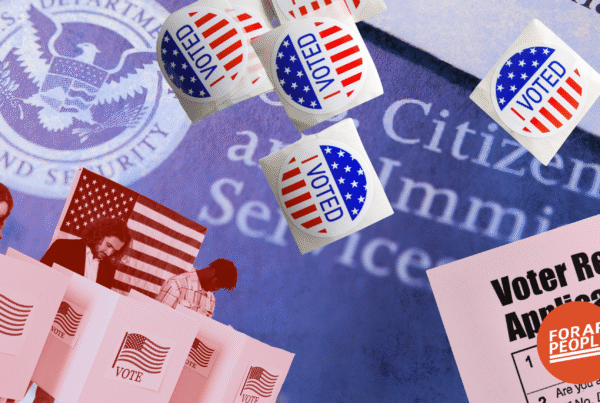With LEARNS vouchers going universal next year, we’re getting more and more details about just where our hard-earned tax dollars are going. Mostly, they’re helping rich families pay for fancy extracurriculars. Meanwhile, poor families in the Delta and Southwest Arkansas are already struggling to meet new community service requirements, and now they’re losing money to pay for Bentonville students’ horse dancing lessons.
Did you know that you’re going to pay for students to learn how to ride horses in Fayetteville? Parkerman Stables is now a registered LEARNS vendor, so the hardworking folks in the Delta can subsidize horse lessons for wealthy families in Northwest Arkansas.
Did you know that you’re going to pay for students to take bouldering classes in Siloam Springs? Upward Ninja and Bouldering is now a registered LEARNS vendor, so the hardworking folks of Southwest Arkansas can subsidize rock climbing for – you guessed it – more wealthy families in Northwest Arkansas.
Take a look at this map, which shows the LEARNS-approved vendors as of November 25, 2024. Notice anything?
Vendors are concentrated in the wealthy parts of the state that already contain better public schools and easily accessible after-school programs and extracurriculars. Kids outside of Central and Northwest Arkansas are at a huge disadvantage.
Roughly $180 million of taxpayer money over the next few years will go to these subsidies. Sarah Sanders says that budgets reveal our priorities, so let’s think about “priorities” for a moment.
LEARNS will use taxpayer funds for a variety of extracurricular activities, many of which, in a vacuum, we think kids should experience. But this geographic distribution raises serious questions about the true intent of public education funding in the state. When resources that could support core educational needs in under-resourced districts pay for activities like specialized sports training or niche recreational pursuits in already-wealthy districts, it suggests a fundamental misalignment of educational priorities.
LEARNS’s approach seems to prioritize individual enrichment over collective educational infrastructure, potentially widening the already significant opportunity gaps between different communities across Arkansas. Kids in the Delta and Southwest Arkansas should have access to similar opportunities to kids in Bentonville, Rogers, and West Little Rock, but it’s clear they don’t.
What’s more, it’s clear that LEARNS was written this way intentionally. It’s been a grift from day one to re-allocate taxpayer money away from public education, which benefits every student in the state, to private education, which benefits the already-wealthy at the expense of our most vulnerable kids.
It’s only going to get worse, folks. But Arkansans have a chance in the upcoming legislative session to pressure legislators to work with experts, educators, and advocates to undo some of the damage LEARNS has done.





